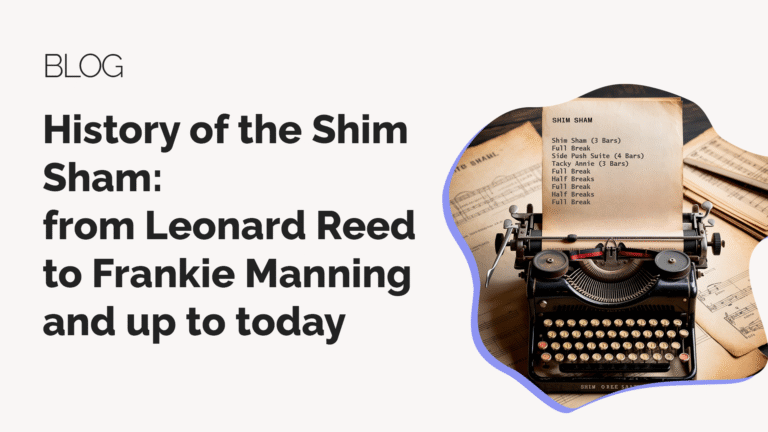Louise "Mama Lou" Parks is one of the dancers who, with her company, kept Lindy Hop "alive" after the closure of the Savoy Ballroom in 1958.
She started out working in the cloakroom of the Savoy Ballroom, where she progressed to become an influential dancer at the Savoy.
Gradually she forged what was to become her professional dance company, which between 1961 and 1990 kept alive the flame of vernacular jazz dances, such as the Lindy Hop.
In the 60s and 70s, when popular dances were rapidly moving away from partner dancing and towards dance like The twist, Hustle, Disco, it took a huge effort to keep Lindy Hop as a show dance and/or a competitive dance.
Personalities such as Marshall Stearns (co-author of the book Jazz Dance) or the documentary filmmaker Mura Dehn (director of the documentary Spirit Moves) were important allies in keeping the Lindy Hop alive.

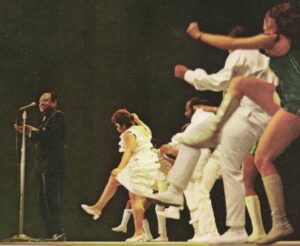
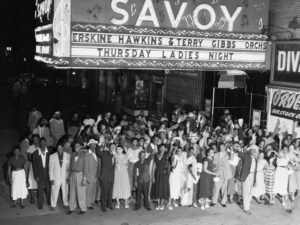
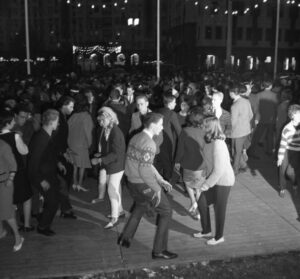
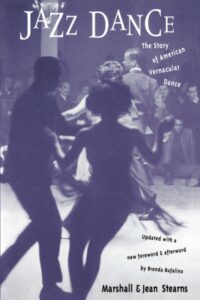
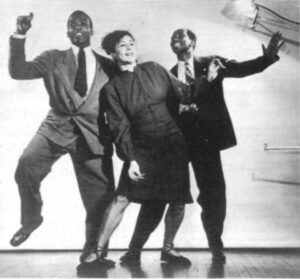
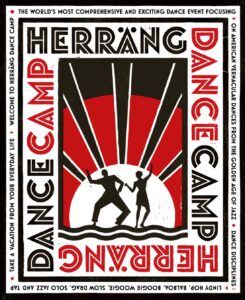
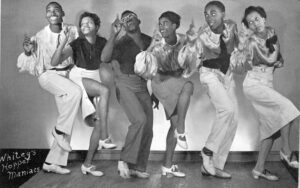
To keep the public's interest, Mama Lou Parks' company worked other dance styles at the highest level, such as the Hustle or Hip Hop (booming at the time), always placing Lindy Hop or Vernacular Jazz at the forefront.
Her tours around Europe contributed to the "revival" of Vernacular Jazz in several countries, such as the formation of the Swedish Swing Society and consequently, the company "The Rhythm Hot Shots", the famous Herräng Dance Camp festival, as well as a blossoming Swing scene in the UK.
The famous choreography "Mama's Stew" owes its name precisely to this great dancer and choreographer, whom we thank and acknowledge for her importance in the history of Vernacular Jazz and Lindy Hop.
Although "Mama's Stew" was originally a routine created by Whitey's Lindy Hoppers, "Mama Lou" Parks and her company often performed it in their shows.
Mama Lu Parks & her Parkets performing at the Count Basie Centennial Ball in New York City in 2004.
Further information:
- Article by the historian Terry Monaghan: «Mama Lou Parks by Terry Monaghan»
- The documentary "Call of the Jitterbug” (1988) by Jesper Sørensen, Vibeke Winding and Tana Ross.


